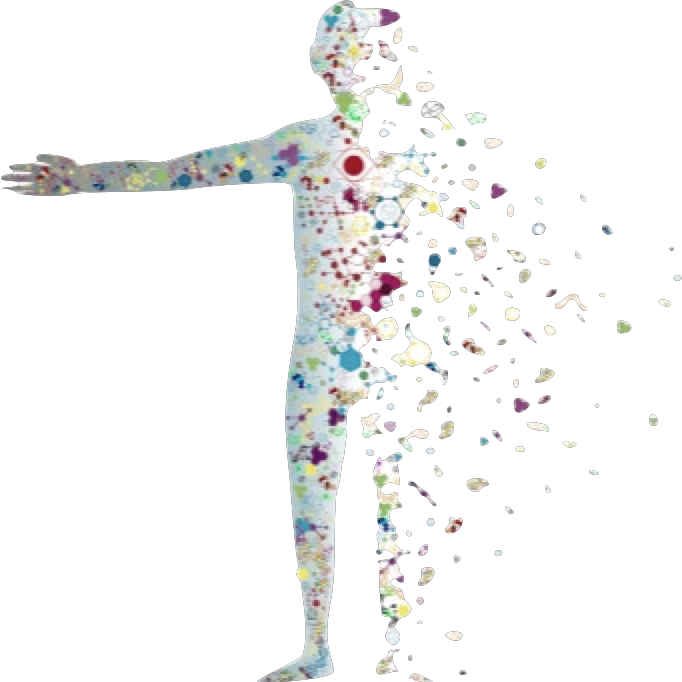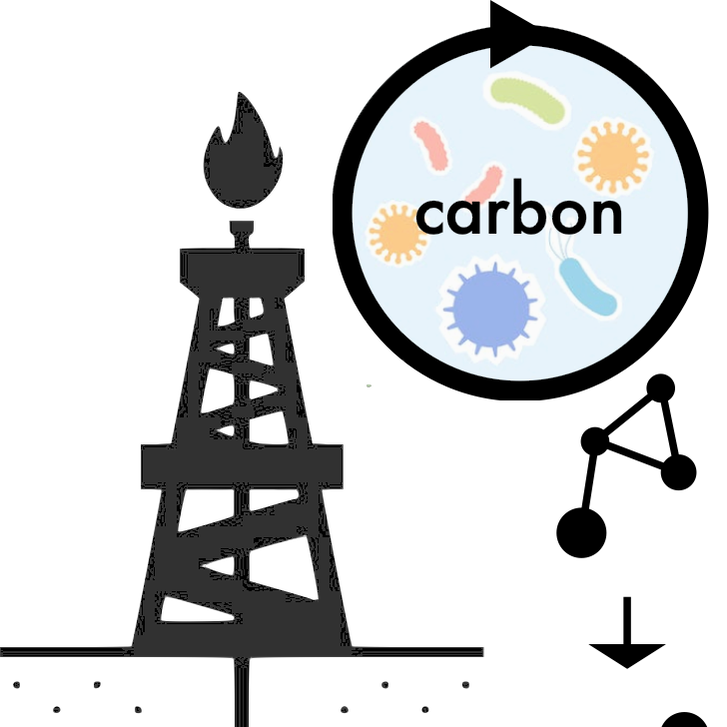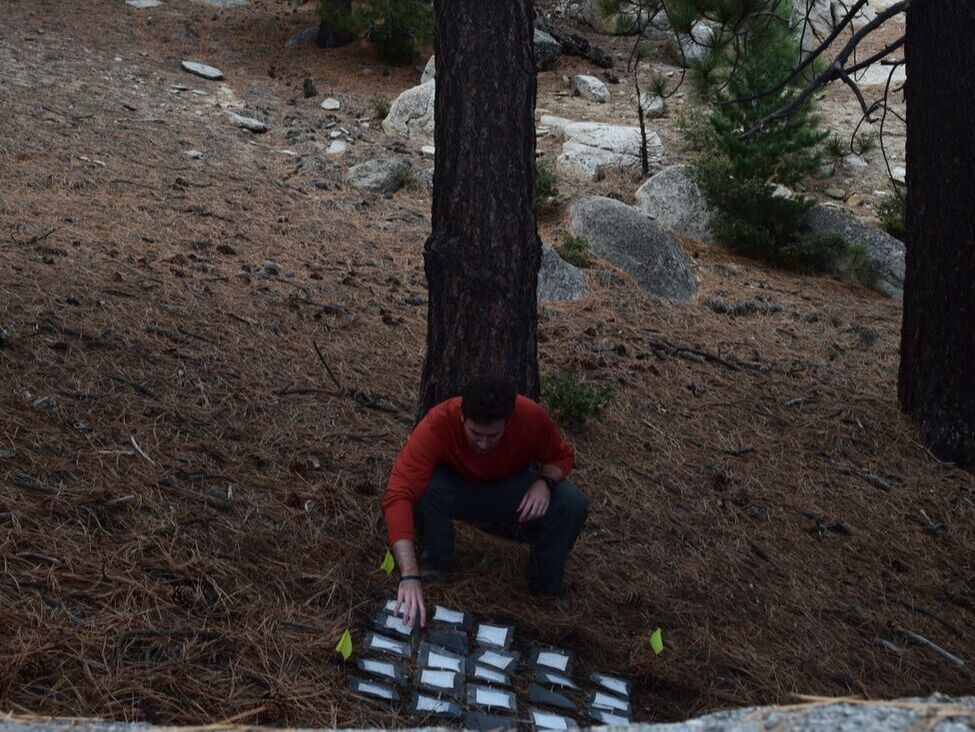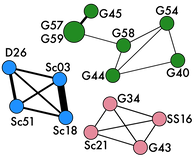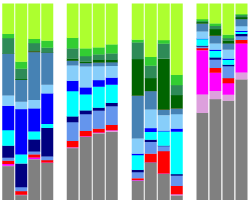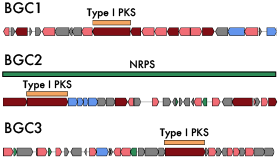chase lab
|
For centuries, biologists have investigated the relative contributions of ecological and evolutionary processes on community dynamics. Yet, it is had only been within the last two decades that these patterns have become evident for the most diverse and ubiquitous organisms on the planet, microbes. Establishing a direct relationship between the micro- and the macro- theory allows our lab to relate fine-scale genetic differentiation to understand how these differences manifest at the community level. This approach facilitates numerous applications from understanding how functional trait variation relates to biogeochemical cycles, the impact of diet on the human gut microbiome, and the distribution and discovery of pharmaceutical drugs in understudied habitats.
|
To address this, our work utilizes a combination of bioinformatics (i.e. (meta)genomics), physiological assays and metabolomics, and field experiments to apply a trait-based framework to the biogeographic distribution of host-associated and environmental microbiomes. Overall, we identify the traits promoting differentiation among bacterial lineages to link genotypic variation to phenotypic diversity and their ecological roles. Our recent work focuses on how biotic interactions (via the production of specialized metabolites) contribute to microbial diversification and community assembly with applications for discovery of novel chemical structures and bioactive molecules.
|
Proudly powered by Weebly
